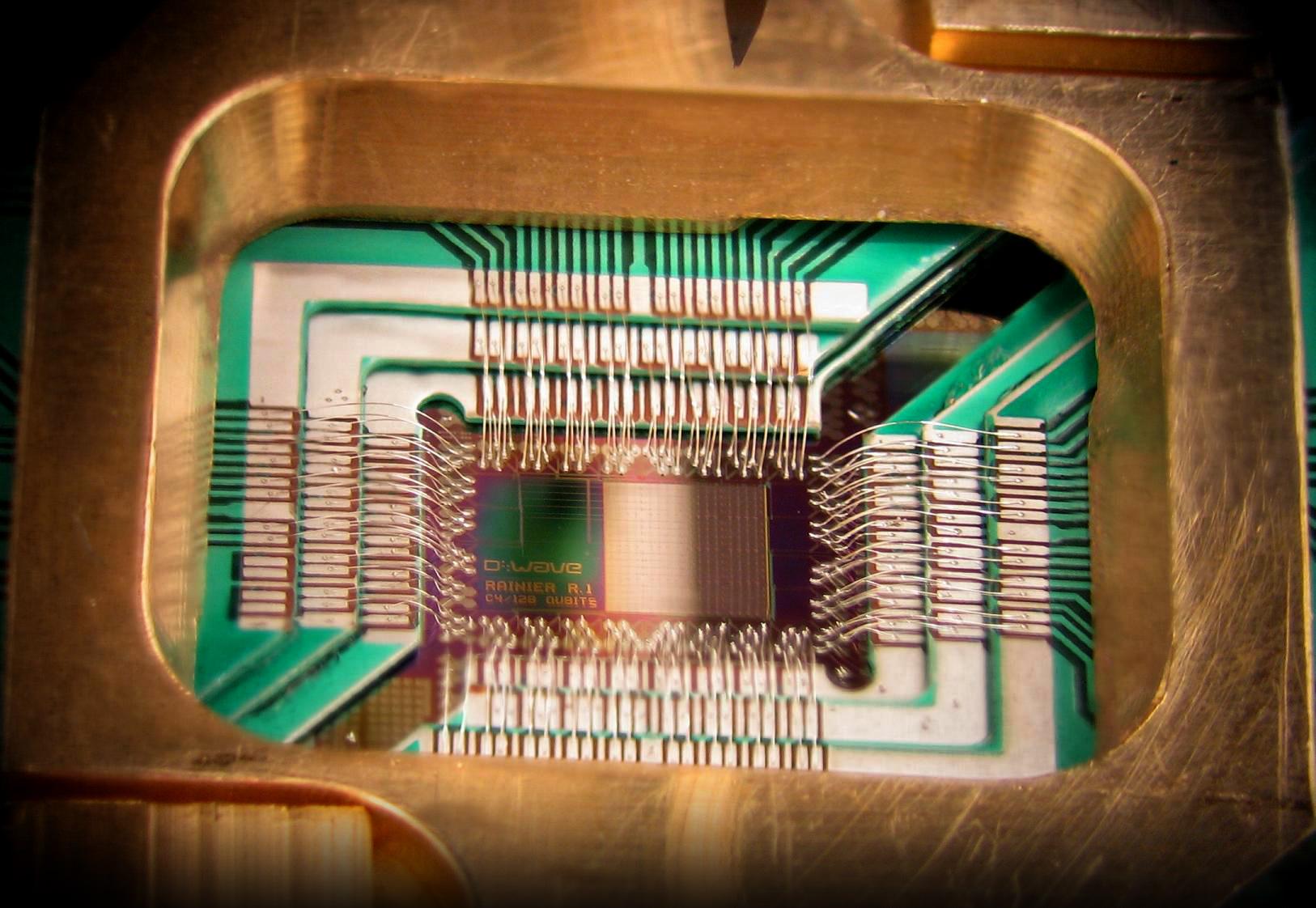The Independent's journalism is supported by our readers. When you purchase through links on our site, we may earn commission.
Video: A first look inside Google & Nasa's quantum computing lab
Six-minute short film introduces us to the D Wave quantum computer housed by Nasa, and the questions we might one day ask it

Back in May, Google announced the launch of their Quantum Artificial Intelligence Lab: a collaboration with Nasa to “study how quantum computing might advance machine learning.” Now, after months of secrecy the search giant has released a video offering a tantalising introduction to the lab and the questions it might one day ask.
As the video above says “quantum physics puts everything into question”, and if you’re expecting quick answers (either from the 6 minute film or from the lab itself) then you will be disappointed. Quantum computing is incredibly difficult, incredibly exciting, and incredibly strange.
In the most simplistic terms we can think of normal computers as operating only using 1s and 0s in an either/or state. Quantum computers still use 1s and 0s but they do so in superposition, meaning that the symbols can be both 1 and 0 at the same time as well as every state in between the two.
Rather than using computers that are capable of processing these 1s and 0s with ever speedier processors, a quantum computer would use these superpositioned bits (known as qubits) to process calculations simultaneously. The leap in computing power that this would provide is beyond exponential, it’s –well- quantum.
Although it seems that even the experts aren’t sure exactly how these computers would work (or how we could ever put them to use – as they say in the video, “really, we don’t know what the best questions are to ask that computer”) it’s thought they might help us with things known as “optimization problems”.
Google explained it like this: “Solving such problems can be imagined as trying to find the lowest point on a surface covered in hills and valleys. Classical computing might use what’s called “ gradient descent”: start at a random spot on the surface, look around for a lower spot to walk down to, and repeat until you can’t walk downhill anymore. But all too often that gets you stuck in a “ local minimum” -- a valley that isn’t the very lowest point on the surface.”
“That’s where quantum computing comes in. It lets you cheat a little, giving you some chance to “tunnel” through a ridge to see if there’s a lower valley hidden beyond it. This gives you a much better shot at finding the true lowest point -- the optimal solution.”
These goals haven't changed, but the world of quantum computing is still as strange and difficult as ever. "We’re still in the early, early days, but we think quantum computing can help solve some of the world’s most challenging computer science problems," said the Quantum A.I. team in a blog post.
"We’re particularly interested in how quantum computing can advance machine learning, which can then be applied to virtually any field: from finding the cure for a disease to understanding changes in our climate."
Join our commenting forum
Join thought-provoking conversations, follow other Independent readers and see their replies
Comments
Bookmark popover
Removed from bookmarks